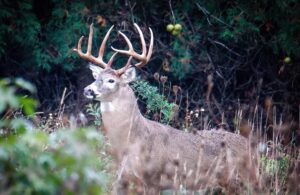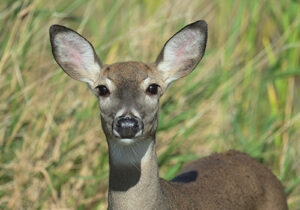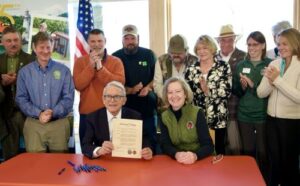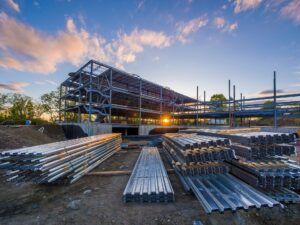Second positive CWD tissue sample identified in wild Ohio deer
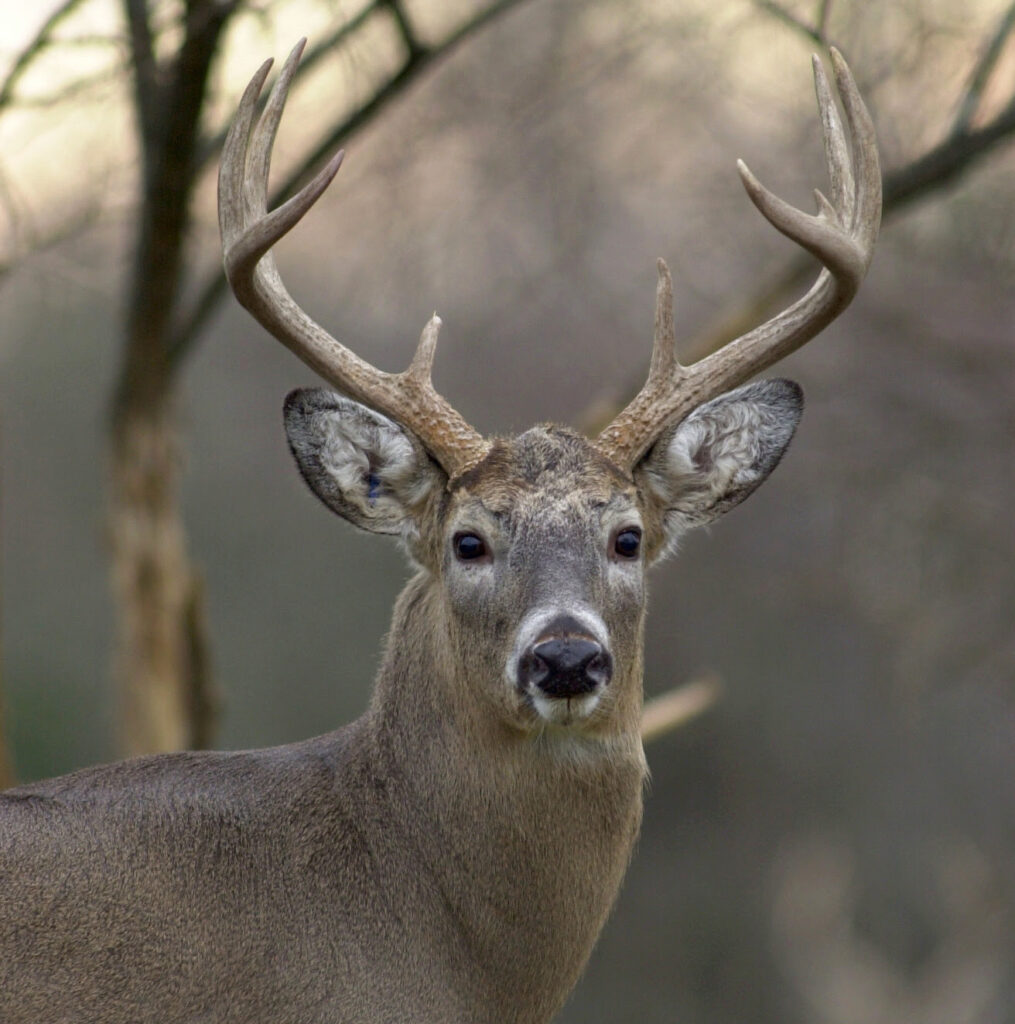
ODNR photo.

Second positive CWD tissue sample identified in wild Ohio deer
COLUMBUS, Ohio – The Ohio Department of Natural Resources (ODNR) Division of Wildlife has identified a second positive test for Chronic Wasting Disease (CWD) in a wild white-tailed deer in Wyandot County. The mature doe was harvested in January during a controlled hunt on the Killdeer Plains Wildlife Area refuge, within 2 miles of the first positive location.
CWD is a fatal neurological disease that affects white-tailed deer and other similar species, including mule deer, elk, and moose. According to the Centers for Disease Control and Prevention, there is no strong evidence that CWD is transmissible to humans.
The first CWD-positive deer was a mature buck taken by a hunter on private property and confirmed in December 2020. The Division of Wildlife implemented its CWD response plan, which included enhanced surveillance within a 10-mile radius of the first positive location. Mandatory deer disease sample collection occurred during controlled hunts at Killdeer Plains Wildlife Area, which is how the second positive was detected. The second positive deer allows wildlife professionals to focus CWD management efforts as surveillance and testing in the area continue.
The Division of Wildlife has conducted routine surveillance for CWD since 2002, testing more than 30,000 deer without finding a CWD-positive deer in the wild herd. In 2020, approximately 4,500 deer were tested statewide. CWD has previously been detected at captive deer breeding facilities in Ohio. Find more information about Ohio’s CWD surveillance at wildohio.gov.
CWD has been detected in 26 states and four Canadian provinces. The disease was first discovered in the 1960s in the western U.S. More information about this disease is available at cwd-info.org.
Hunters should take precautions when handling and processing any harvested deer. Hunters may have a harvested deer tested at the Ohio Department of Agriculture’s Animal Disease Diagnostic Laboratory for a fee. Call (614) 728-6220 for more information.


